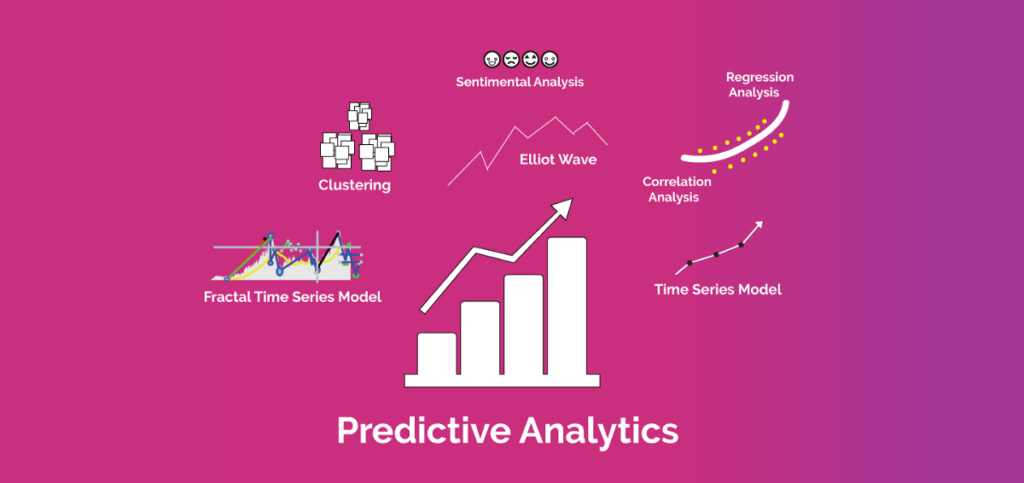
Free eBooks for Beginners
React Native is a popular framework for building cross-platform mobile apps. One of its key features is the ability to write code once and run it on both iOS and Android devices. However, there are sometimes cases where you want to access platform-specific features, or where you need to write different code for different platforms. This is where the React Native Platform module comes in.
The Platform module is a built-in module in React Native that provides access to various platform-specific features. For example, you can use the Platform module to detect which platform your app is running on (iOS or Android), or to access the platform’s specific file system. This allows you to write platform-specific code if needed, while still keeping most of your code shared across both platforms.
One common use case for the Platform module is styling. For example, you might want to display a different font or color on iOS than on Android. You can use the Platform module to determine which platform your app is running on, and then style your components accordingly. For example, you could use the following code to set a different font for iOS and Android:
import { Platform, StyleSheet } from 'react-native';
const styles = StyleSheet.create({
font: {
fontFamily: Platform.OS === 'ios' ? 'Arial' : 'Roboto',
},
});Another common use case for the Platform module is accessing platform-specific APIs. For example, you might want to access the device’s camera on both iOS and Android, but use different APIs to do so. You can use the Platform module to determine which platform your app is running on, and then access the appropriate API.
You can also use the Platform module to access platform-specific features such as the file system. For example, you might want to save a file in the app’s local storage on both iOS and Android, but use different file paths to do so. You can use the Platform module to determine which platform your app is running on, and then use the appropriate file path.
In conclusion, the Platform module is a useful tool for React Native developers who need to access platform-specific features or write platform-specific code. Whether you’re styling your components, accessing platform-specific APIs, or working with the file system, the Platform module provides a convenient way to access platform-specific features while still keeping most of your code shared across both platforms.
React Native for Beginners – Chapter 16: Platform Module
 Loading...
Loading...
Disclaimer: The information and code presented within this recipe/tutorial is only for educational and coaching purposes for beginners and developers. Anyone can practice and apply the recipe/tutorial presented here, but the reader is taking full responsibility for his/her actions. The author (content curator) of this recipe (code / program) has made every effort to ensure the accuracy of the information was correct at time of publication. The author (content curator) does not assume and hereby disclaims any liability to any party for any loss, damage, or disruption caused by errors or omissions, whether such errors or omissions result from accident, negligence, or any other cause. The information presented here could also be found in public knowledge domains.
